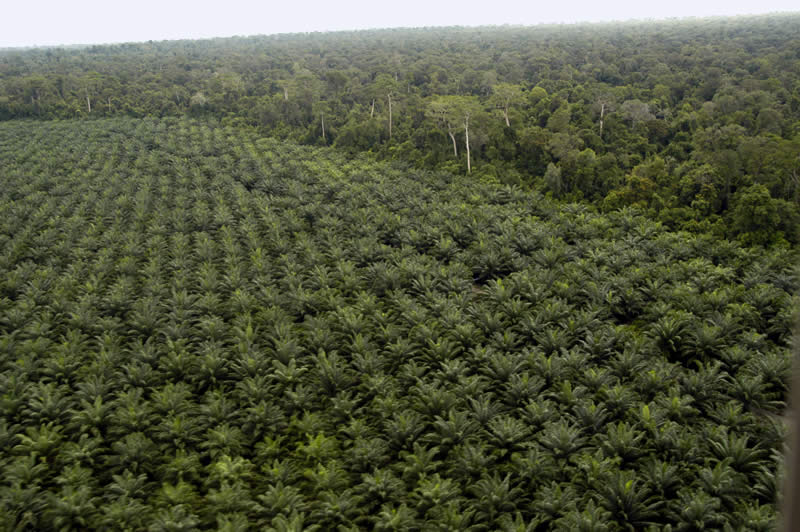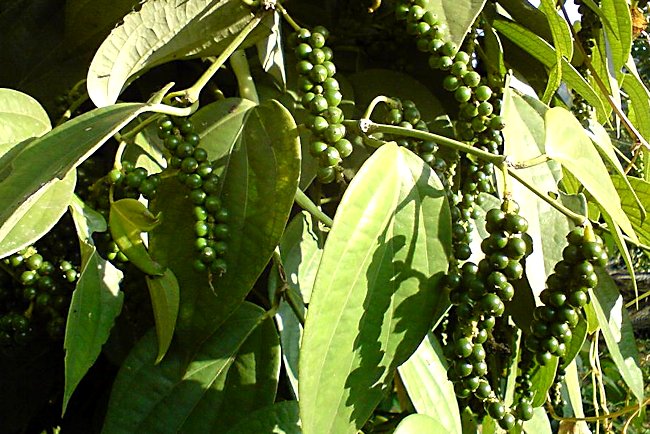Agriculture is estimated to be the direct driver for 80% of deforestation worldwide.
Around the world, forests are giving way to plantations for soy, rubber, coffee, tea, and rice among many other crops. Of increasing concern is the soaring popularity of biofuels. Biofuels are generated from oils extracted from plants such as palm oil.
So how did Singapore manage to lose over 90% of it’s original forestry?
One of the main factors is agriculture. Surprised? In Singapore, even with it’s small land area, agriculture has played a very significant role in causing deforestation. So what exactly happened? Let’s take a step back into Singapore’s history.
The British encouraged the locals to take up other forms of agriculture during the 1800s, but it was discovered that large variety of the spices which were in demand could not be easily grown on Singapore’s unsuitable soil and climate conditions. So there were only two crops that were found to be viable: Gambier and Pepper.
In the 1830s, Singapore’s gambier found a big market in the British dyeing and tanning industry. This resulted in increased gambier prices which pushed people to find new land for plantations, leading to the enormous clearing of the island’s interiors. At it’s peak, the Gambier crop alone comrpised of over 600 plantations. Singapore’s natural foliage was cleared indiscriminately, drastically reducing the primary forest that we know about today.
And these plantations were highly successful, providing employment to many locals and immigrants. A profitable crop, gambier fetched earnings of around $77 per plantation which lasted through the1850s. Unfortunately, in just fifteen years the soil became exhausted and depleted and the infertile soil could no longer sustain further growth of these plants. The plantations were then shifted to Malaysia, mainly Johor. What was left was only 7% of the primary forests. This sparked Singapore’s greenery efforts by the British who implemented laws prohibiting any further destruction of forested areas.




